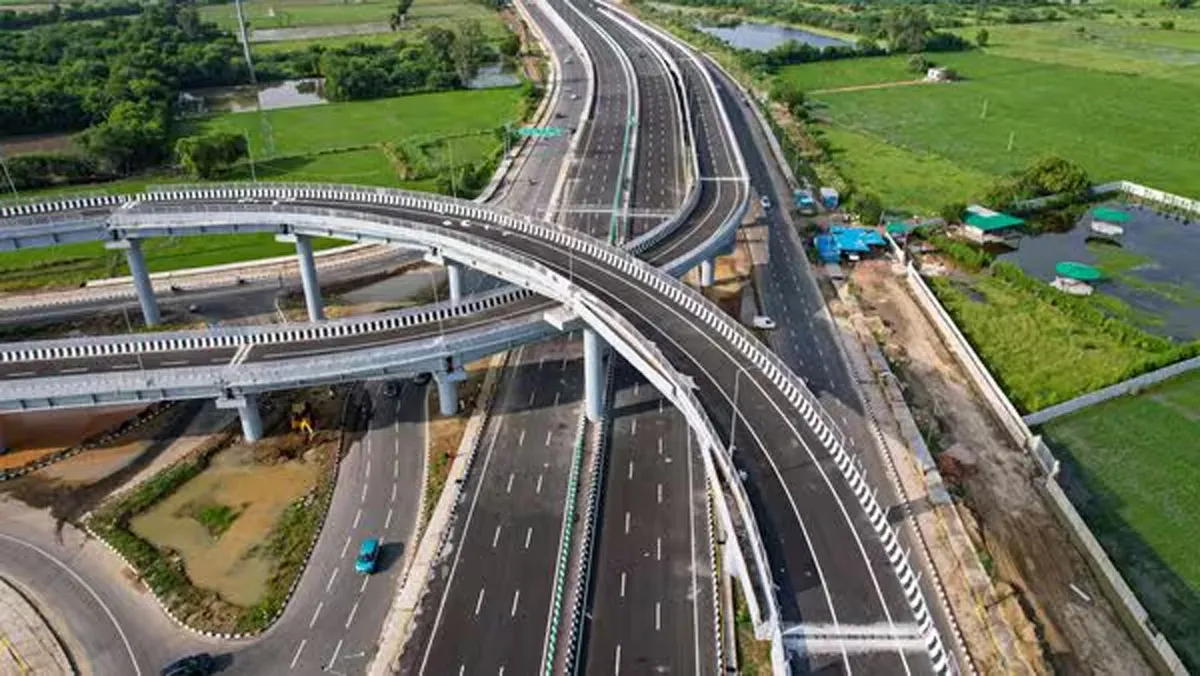The National Highways Authority of India (NHAI) has revised Request for Proposal (RFP) provisions to enhance the quality of highway projects, reduce delays, and lower lifecycle costs. The updates tighten contractor qualification norms, strengthen execution compliance, and increase financial transparency, the Ministry of Road Transport and Highways (MoRTH) said on Wednesday.
The stricter RFP clauses will ensure that only technically capable and experienced contractors are eligible for national highway projects. RFPs formally invite bids from contractors, specifying project requirements, terms, and evaluation criteria.
A key update clarifies the definition of “Similar Work” in bid qualification. Previously, some contractors misrepresented minor projects to qualify for large-scale highway development. NHAI now specifies that only completed highway projects containing all major components comparable to the bid project will be recognised.
The reforms also address the unauthorised engagement of contractors. In Hybrid Annuity Model (HAM) and Build-Operate-Transfer (BOT) toll projects, concessionaires or selected bidders sometimes engaged contractors or exceeded subcontracting limits without prior NHAI approval. Such practices compromise quality, timelines, and regulatory oversight. Any unauthorised subcontracting beyond permissible limits will now be treated as “Undesirable Practice”, attracting penalties equivalent to fraudulent activities.
Additionally, the submission of bid and performance securities from third parties has been prohibited. Some bidders had previously provided financial instruments issued by third parties, raising concerns about enforceability and accountability. Only securities backed by the bidder or approved entities will now be accepted, enhancing financial transparency and contractual enforcement.
These RFP updates aim to ensure that national highway projects are awarded to competent contractors, executed by accountable entities, and closely monitored. The measures are expected to improve infrastructure quality, timely project completion, and optimal use of public funds, contributing to a more efficient national highway network.


